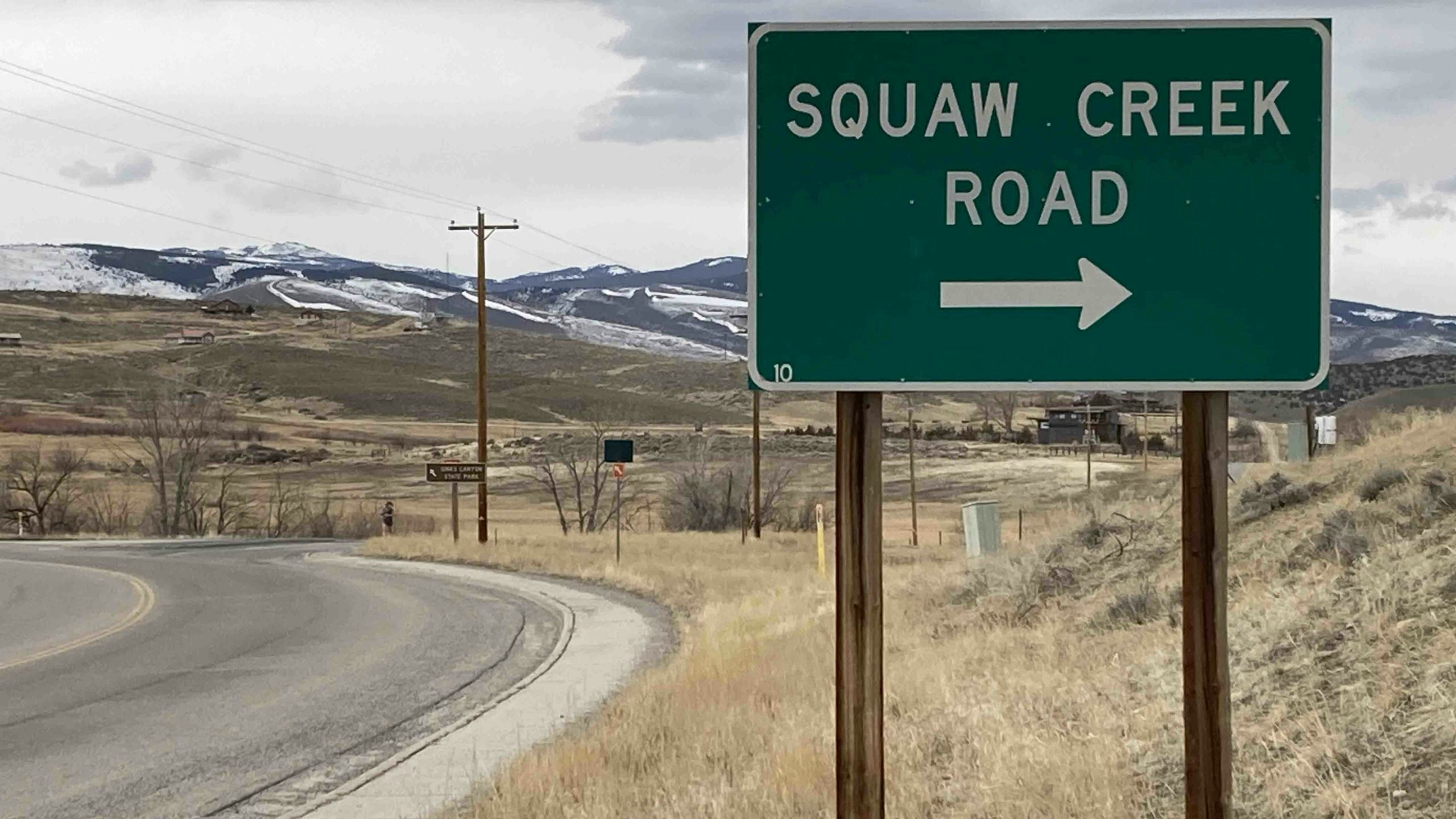The prospect of changing landmark names in Wyoming to remove the word “squaw” is being met with sighs of relief from two Indigenous culture experts in Wyoming.
Crystal C’Bearing, with the Northern Arapaho Tribal Historic Preservation Office, and Lynette St. Clair, with Fort Washakie schools, both told Cowboy State Daily they were glad to see the order excising the word from hundreds of landmarks across the country.
The U.S. Department of the Interior announced in February its intent to alter about 660 landmark names – including 43 in Wyoming – incorporating the word “squaw,” pending a public comment period ending in late April.
“Historically, the word has always been used against Indigenous women in a derogatory fashion,” said C’Bearing, deputy director of the Northern Arapaho Tribal Historic Preservation Office.
“The word has allowed settlers to see Indigenous women as less than human,” C’Bearing told Cowboy State Daily, adding that this degradation through language, in her view, contributed to the anti-Native sentiments that manifested themselves as war and conflict between tribal members and white people.
The History of a Word
Originally an innocuous Algonquin word for “woman,” the term “squaw” evolved from its pre-1800s tribal usage to present day English.
“Squaw” did not appear in Noah Webster’s 1806 “Compendious Dictionary” or his 1828 “American Dictionary of the English Language.”
Half-Mohawk, half-Canadian writer E. Pauline Johnson in her 1893 short story “A Red Girl’s Reasoning,” used the word “squaw” as a menacing insult comparable, in its context, with the English word “whore.”
By 1956, Webster defined the term as “A female American Indian.”
But just 10 years later, an unabridged Webster had added a second definition reflecting a layer of farce: “any woman: chiefly humorous.”
Dictionary.com defines it currently as “a contemptuous term used to refer to a North American Indian woman, especially a wife.”
C’Bearing said that the attitudes surrounding the word are its real context – not official definitions.
“I don’t believe any Indigenous woman would be proud to be called by that name,” she said, calling it a “tool of oppression” that “does not honor Indigenous women, and when the word is spoken, a negative image is perceived instantly which degrades and sexualizes Indigenous women throughout history.”
In Memory
For Lynette St. Clair, the Indian Education Coordinator at Fort Washakie schools, the use of “squaw” still rankles.
“(I remember) my grandmother being followed around in the stores in the early ‘60s and ‘70s, with the store clerk (saying) ‘Watch out for this squaw, she might steal something,’” St. Clair told Cowboy State Daily.
St. Clair is an Eastern Shoshone tribal member and a resident of the Wind River Indian Reservation.
Both she and C’Bearing recalled instances when the term was used against them in a derogatory fashion.
“Nobody,” stated C’Bearing “can tell me to not be offended by that name when it’s still being used to degrade and offend Indigenous women today.”
C’Bearing’s tribal heritage is Northern Arapaho and Lakota.
Landmarks?
“It’s time to recognize the harmful connotation associated with the name and change it to one that represents and honors the people and land features,” St. Clair said. “As Indigenous people, we recognize the lands as sacred places and ask that in the renaming process, the community connection is prioritized in giving these spaces the respect and honor the lands deserve.”
Squaw Teats Buttes in Hot Springs County, Squaw Creek Road in Lander, and dozens of variants including the term are scattered across Wyoming’s landscape.
But many commenters on the Cowboy State Daily Facebook page disagree with the Department of Interior’s plan.
“How ridiculous,” wrote one commenter. “Life is offensive… get over yourself! What a tortured small world some people live in.”
Others were concerned that the DOI is spending money on the sign-changing endeavor during a period of inflation, war, and energy shortage.
“Let’s move on to more important things like drilling for oil,” reads one comment.
It was followed by the response: “With all that is going on in the country and world we are wasting time and resources on these crazy woke agendas! We need to defund this and all the other government waste and overreach I am tired of my tax dollars being wasted!”
Other commenters suggested that, even after the changes are made, locals still will call landmarks by their original names out of habit and tradition.





